This book is dedicated to the unique architectural and artistic heritage of Kanara or Kannada, the well watered, densely forested Arabian Sea coastal strip of Karnataka, comprising the present-day districts of Dakshina and Uttara Kannada. Celebrated as one of India’s principal sources of rice and pepper, Kanara benefited through the centuries from lucrative interregional and international trade. In consequence, the region has been inhabited by wealthy and remarkably diverse communities, many of which have acted as patrons of architecture and art. This is reflected in the broad range of surviving sacred monuments and ritual objects, from ancient Buddhist relics and Jain and Hindu temples filled with stone and metal sculptures, to mosques and churches. Many of these places of worship are built in a characteristic indigenous idiom, with steeply angled tiled roofs supported on timber frameworks to deflect the heavy rainfall. The same is also true of village mansions and the mathas associated with Hindu and Jain institutions. Kanara is also home to distinctive local religious practices, most notably the cult of bhutas, or folk spirits. The bhuta rites that still take place in Kanara have resulted in a series of wooden figures and metal masks of striking appearance. To these manifestations of vernacular culture must be added the Yakshagana, Kanara’s celebrated living theatre, even though this is not covered in the present volume.
In spite of the unique value of these diverse and vibrant traditions, Kanara’s extraordinary heritage remains virtually unknown outside Karnataka. The present volume aims at correcting this oversight. The region’s splendid shrines and temples, mosques and churches, mansions and mathas, along with sculptures and art objects are brought to light here through contributions by art historians and scholars, along with stunning photographs by Clare Arni.

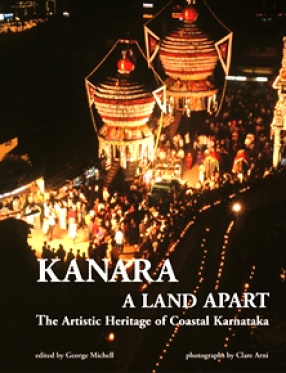
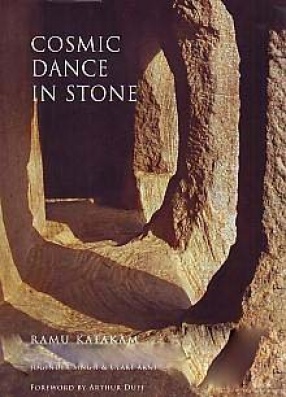
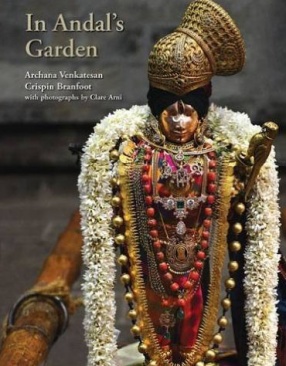
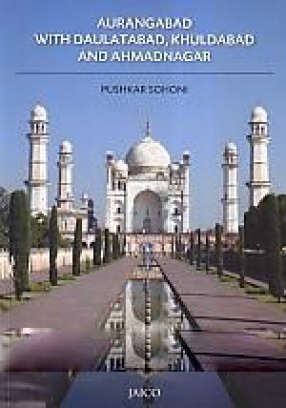
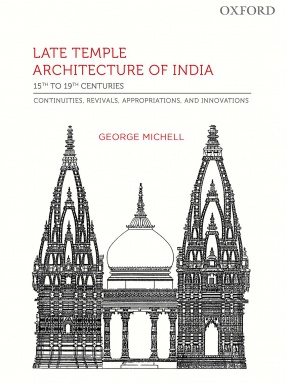
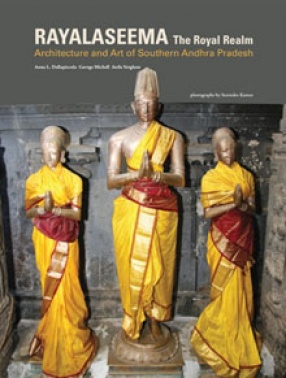
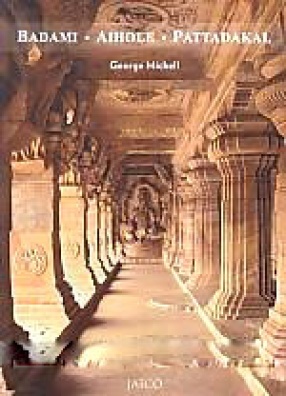

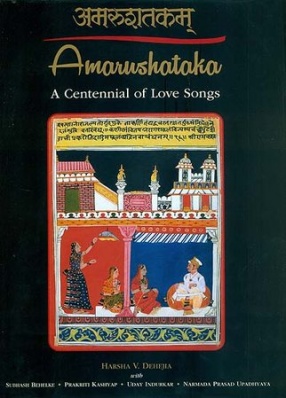

There are no reviews yet.